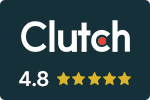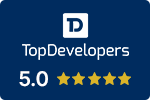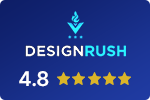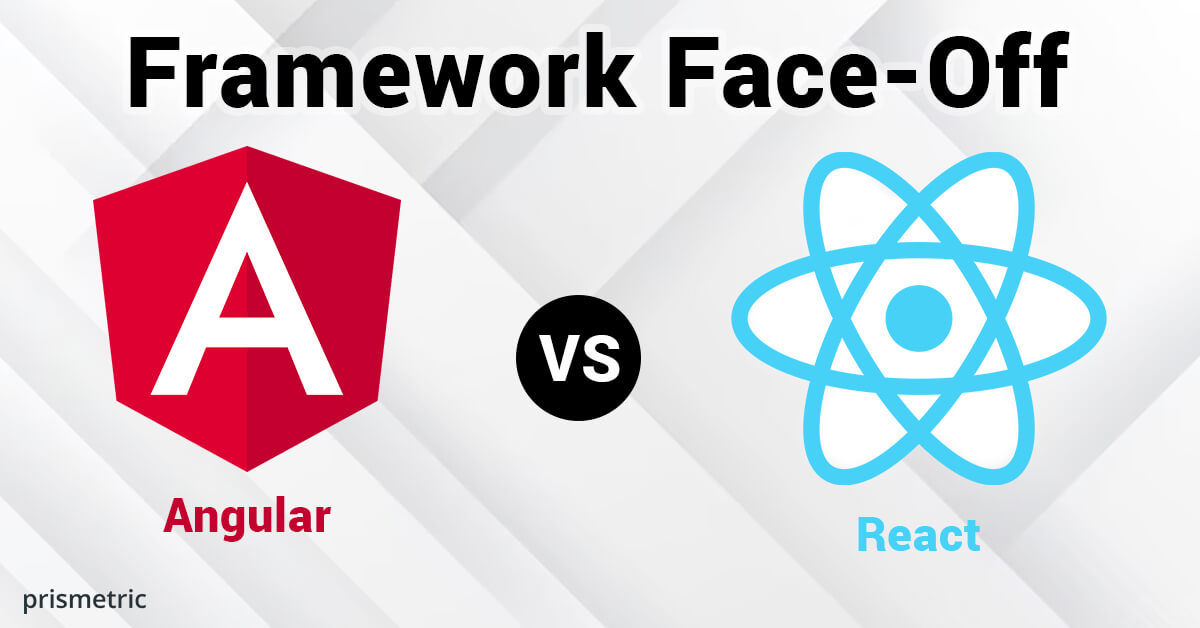Mobile App Development
See your ideas transform into
perfect apps enriched with latest
perfect apps enriched with latest




Get thoughtful updates on what’s new in technology and innovation


Our in-depth understanding in technology and innovation can turn your aspiration into a business reality.
